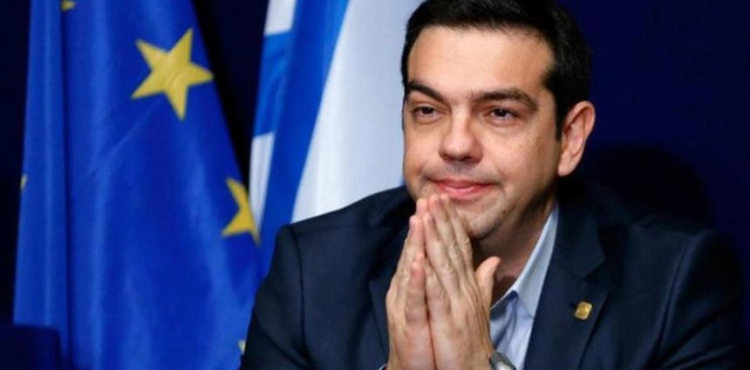Greece _ Agencies
Greek Prime Minister Alexis Tsipras vowed Tuesday that his country will not repeat the "economic mistakes and past behaviour" that pushed the country to the brink of financial collapse.
Speaking to the European Parliament, Tsipras said Greece "will continue the path of financial stability," after Saturday promised voters to cut taxes and raise the minimum wage in order to support the economic recovery of his country.
Greece has suffered over eight years of austerity policy imposed under three international bailout plans with a total cost of 289 billion euros (330 billion dollars) in 2010, 2012 and 2015 to save Greece from its accumulated debts.
Greece ended the third rescue plan last month, and Tsipras vowed to cut property and sales taxes and increase the incomes of hundreds of thousands of middle-class farmers and Greeks.
But in his speech to the European Parliament in Strasbourg in eastern France, the young prime Minister stressed that Greece would not return to the "waste and corruption" that had led his country to bankruptcy.
He stressed that there is a "historical break with the past, it´s a new beginning."
"Our exit from the last program of financial reforms does not mean we will return (to the policies) of the past in our country," he said. On the contrary, we are committed to avoiding the mistakes and behavior of the past that led to the crisis. "
Economic reforms requested by creditors have led Greece to lose one quarter of its gross domestic product (GDP) in eight years and the unemployment rate has risen to about 27,000 percent in 2013.
Greece is the last country, after Portugal, Ireland, Spain and Cyprus, to emerge from international aid programmes that have been broken by the collapse and possibly the eurozone´s collapse.
However, it has pledged to maintain an initial surplus in the budget of at least 3.5 percent until 2022, and at least 2.2 percent between 2023 and 2060, with an average economic growth of 3 percent a year.
Tsipras, who leads the leftist Cerza party, warned the European deputies of the rise of the "right-wing populist," noting that the management of the global economic crisis has in some cases resulted in the strengthening of the rise of extremist parties.












